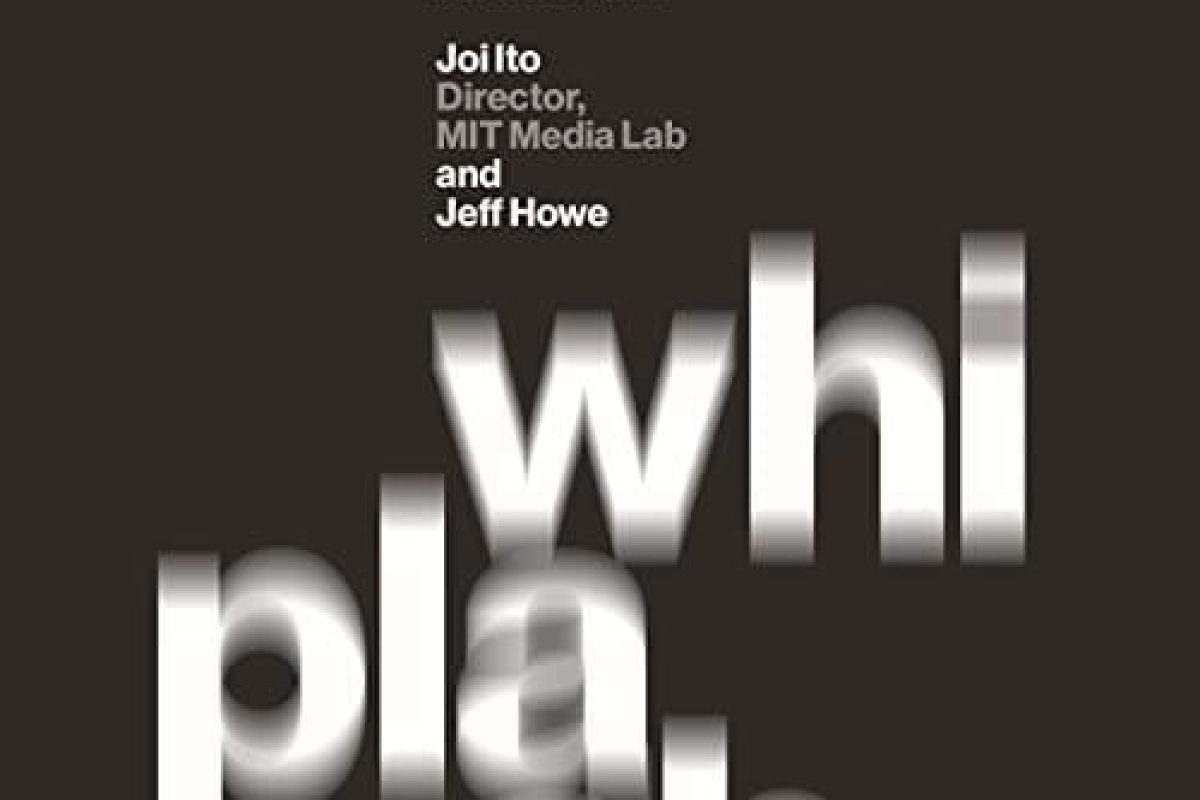In “Whiplash: How to Survive Our Faster Future,” authors Joi Ito, the director of the MIT Media Lab, and Jeff Howe, a contributing editor at Wired, delve into the intricate landscape of our increasingly accelerated world. The book is less of a straightforward manual and more a compilation of thoughtful insights, anecdotes, and frameworks that can help individuals and organizations navigate the complexities of the modern era. Built around nine organizing principles such as “Emergence over Authority,” “Pull over Push,” and “Risk over Safety,” the book provides a new lens through which to interpret the rapid changes occurring in technology, culture, and society.
One of the most compelling aspects of “Whiplash” is its interdisciplinary approach. The authors draw from a diverse range of fields, including psychology, economics, and even biology, to formulate a multi-faceted perspective on how to thrive in a world of incessant change. Each chapter is a rich tapestry of stories and case studies that make the concepts relatable and tangible. For instance, they use real-world examples like the evolution of the Internet, the rise of cryptocurrencies, and open-source projects to explain how decentralized systems can often be more resilient and adaptable than their centralized counterparts.
While the book covers a lot of ground, it sometimes falls short in providing actionable advice. The principles are laid out as signposts rather than concrete steps, which may leave some readers yearning for more hands-on guidance. Also, the book’s title, “Whiplash,” aptly describes the experience of navigating through a vast array of topics in a relatively short span, which can feel overwhelming at times.
The strength of “Whiplash” lies in its ability to provoke thought and conversation. Rather than giving you all the answers, it equips you with the intellectual tools to question prevailing wisdom and reassess your own assumptions. This is not a book you read for the definitive roadmap to the future; you read it to better understand the complexities of the present so that you can be more agile, adaptive, and effective in whatever future comes your way.
In summary, “Whiplash: How to Survive Our Faster Future” is a compelling read for anyone intrigued by the rapid societal and technological shifts we are currently experiencing. It offers a unique framework to make sense of the chaos, even if it doesn’t provide a step-by-step guide for navigating it. Its multidisciplinary approach and intellectually stimulating content make it a must-read for those willing to engage deeply with the challenges and opportunities of our accelerating world.




